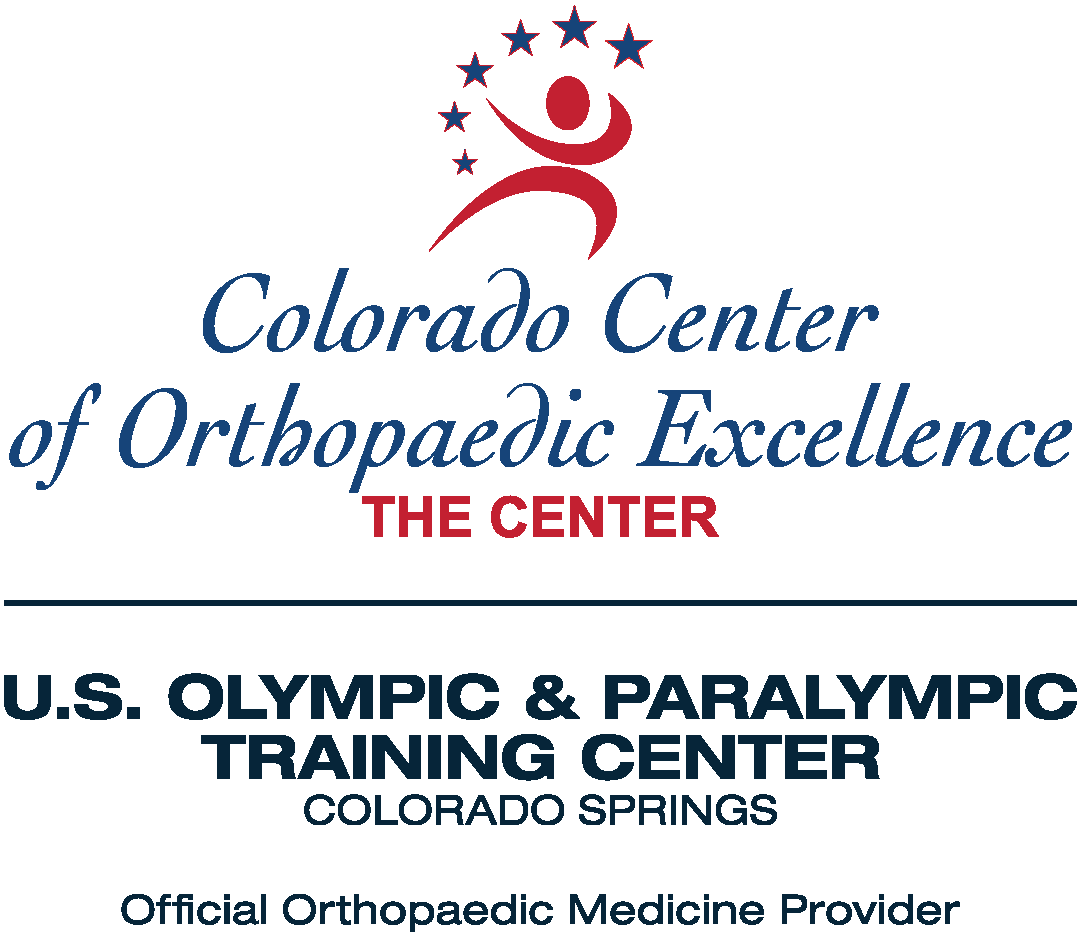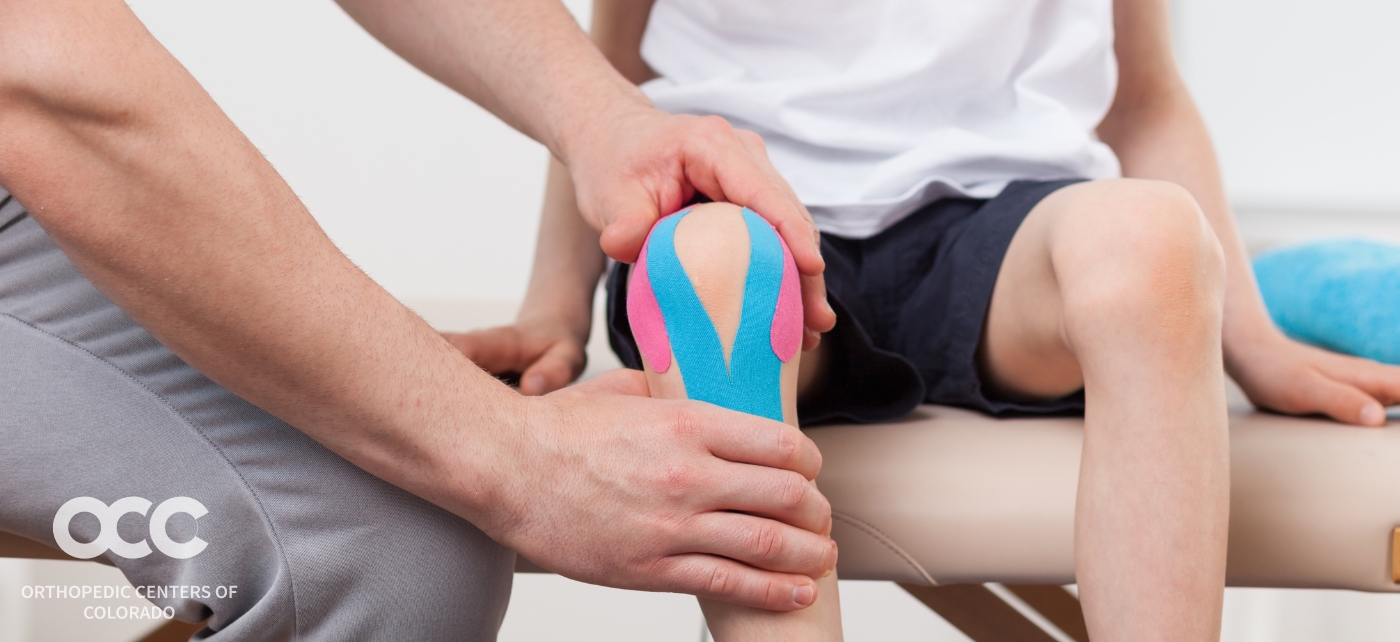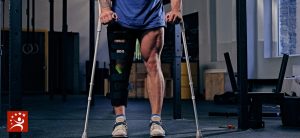Kinesiology is the study and science of human movement. It is a means of prevention, management, and performance. It’s well-known that exercise and physical activity are key to a healthy life. Kinesiologists are experts in exercise and the body’s motion, with the goal of educating and helping people move better, live longer and be healthier.
These scientists are not only committed to enhancing quality of life through the promotion of physical activity, but also the prevention and management of injury, and the overall improvement of health and performance, including musculoskeletal disorders. Kinesiologists are also responsible for lowering the risk of developing chronic diseases. The science of kinesiology’s main goal is to build strong bones, joints and bodies. However, some people, depending on age, have limited mobility and are prone to injuries, especially of the knees.
Your knee happens to be the largest joint in the body. You count on your knees to provide stability and allow your legs to bend, swivel, and straighten. Since the knee is made up of bones, cartilage, muscles, ligaments, and tendons, knee injuries can become complicated since they could be caused by stress or damage to any of these parts. No matter what your age, you have likely experienced some sort of knee pain. Whether you are an athlete who experiences occasional soreness, or you live with chronic pain like arthritis, it is very important to know how your body works, and what you’re able to do. What is also very important is to know how to avoid or reduce the risk of knee injuries.
Kinesiology Tape and its Effect on Knee Pain:
Watch almost any modern sporting event, from a nationally televised game to a local 5k, and chances are you will encounter one thing in common: athletes wearing kinesiology tape. In the past few years, kinesiology taping has exploded in the world of athletics. A recent study has found that kinesiology tape can improve pain for people suffering from osteoarthritis, as well as improve joint mobility and decrease pain.
What is Kinesiology Tape?
Kinesiology tape is a thin, stretchy, elastic tape with an acrylic adhesive tape that is applied directly to the skin. Kinesiology tape is almost identical to human skin in both thickness and elasticity, which allows the taped area to move without restriction, while also providing support to muscles and joints.
Many people associate the use of kinesiology tape with sports and active lifestyles, yet there is growing evidence that it can be helpful in painful conditions that restrict people’s everyday function. Therapeutic kinesiology tape can benefit those people with a wide variety of musculoskeletal or sports injuries, plus inflammatory conditions. While kinesiology tape is most often used for musculoskeletal conditions (issues arising from muscles and joints), it’s also used for reducing inflammation, improving circulation, and promoting lymphatic drainage. “Taping” has become a widely-accepted form of therapy in the athletic population, but its potential to help many more people is just beginning to be tapped into.
Osteoarthritis and Taping: Osteoarthritis, or degenerative joint disease (DJD), is a painful condition that plagues much of the older adult population. Lost cartilage and loosened ligaments result in abnormal wear on the joints that can be extreme enough to limit the ability to function in normal daily activities. Arthritis can occur in any joint, but mostly affects knees, hips, hands, feet, and the spine. Studies have shown kinesiology tape to be effective in reducing knee pain and improving the ability to perform activities, such as climbing the stairs. Research also suggests that kinesiology taping offers promise for those suffering from arthritis in other joints besides the knee.
Post-surgical healing and Taping: Major joint replacement surgery is common today, and often these are the same joints susceptible to arthritis (knees, hips, shoulders, etc.). Afterward, reducing pain, controlling swelling, and improving mobility become primary concerns in the healing process. Taping has been shown to reduce post-operative pain, swelling, and to improve knee mobility in patients with total knee replacements.
If you would like to learn more information about kinesiology tape, call the bone and joint experts at Colorado Center of Orthopaedic Excellence at (719) 623-1050, or request an appointment online.










